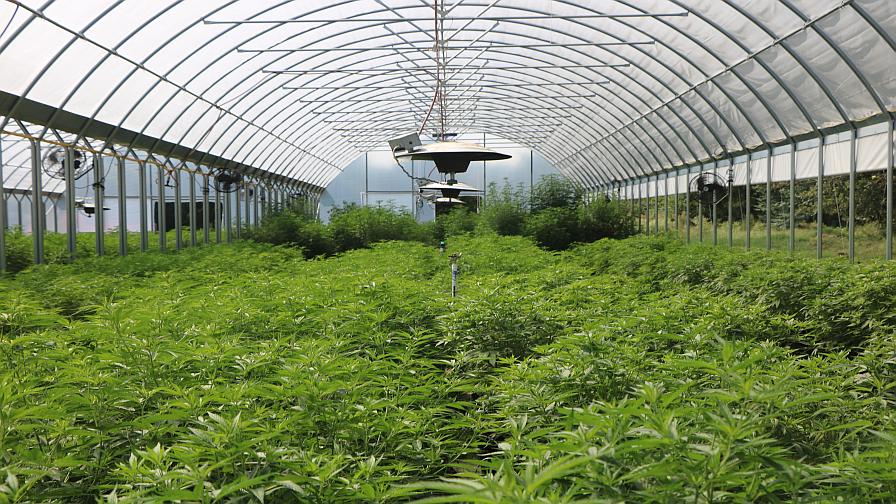How To Retain Motivated Young Growers At Your Greenhouse Operation

John R. Daley
The future of the horticulture industry is in the hands of 20-somethings, but don’t panic. They are quick learners, innovative, and want to succeed. With the wide array of college and career options available, the supply of young growers is limited and could be easily lost. If your operation wants a piece of the action, the following recommendations will help you attract, attain, and retain the top talent entering the workforce.
Continue The Learning Process
New growers have a fresh education and have spent the last number of years learning. To engage your new hires, test their critical thinking skills right away. Have them spend a week doing the various jobs that the production crew does. Rather than task new growers with busy work, have your new hires time how long activities take and think of ways to improve the process. Explain how increasing efficiency has an impact on the bottom line. New growers understand the basics; show them the real data.
If young growers feel connected to and involved in all levels of your operation, you can expect them to come to you with ways to improve efficiency and results from the ground up. Your team will benefit from better instructions and planned weekly activities based off real-time estimates. When the learning stops, the career turns into a job, and the growers worth keeping will leave.
Make Them A Valued Part Of The Team
To retain curious and motivated young growers, show them that they are a valuable part of your team. From the beginning, invite them to sit in on some meetings, even those that are not directly related to their positions.
The new level of understanding gleaned from this activity will give context to their work. They will also be able to develop ideas that can improve the company; hear them out. If you shut down a young grower’s attempts to contribute outside of strictly producing a salable crop, you can start looking for your next grower.
Pay A Fair Wage
When it comes to compensation, as always, you get what you pay for. What is a critically thinking, hard-working grower worth to your company? If the answer is $30,000 to $40,000, your new hire is likely already looking for his or her next employer. While no magic number exists that will fit for all growers or operations, there are ways to provide a better compensation package, even if your company has a limited budget for the position.
Today’s young growers are more than willing to put in long hours when it makes a difference, but they also expect compensation for their efforts. If your grower is salaried and works 60-hour weeks in the spring, the same number of 20- to 30-hour weeks should be acceptable in the winter slow season. When the situation is 40+ hour weeks all year, your grower will quickly do the math and figure out that his or her hourly rate is comparable to a shift manager at a fast food chain.
Practice The Golden Rule
Young growers, above all, are looking to join a team where they will be expected to contribute from day one — and be given the agency to do so. Teach your growers the way you would like to be taught. Listen the way you would like to be listened to. Empower your growers to exceed your expectations and theirs. Pay them equitably for what they bring to the table.
If you have what it takes to be an ambassador for the industry, please do hire young growers and show them what an interesting and fulfilling path they have chosen. They will mirror your efforts, and your relationship with them will flourish.









